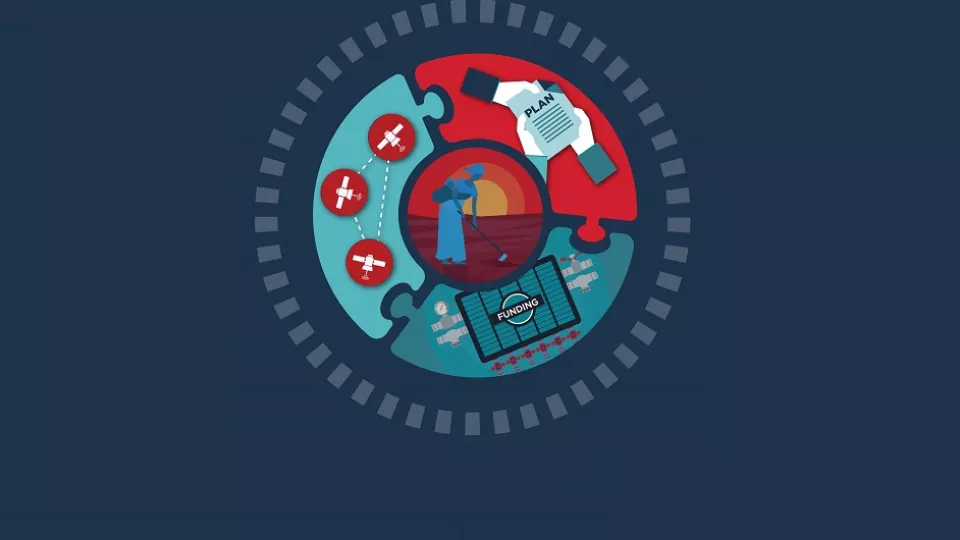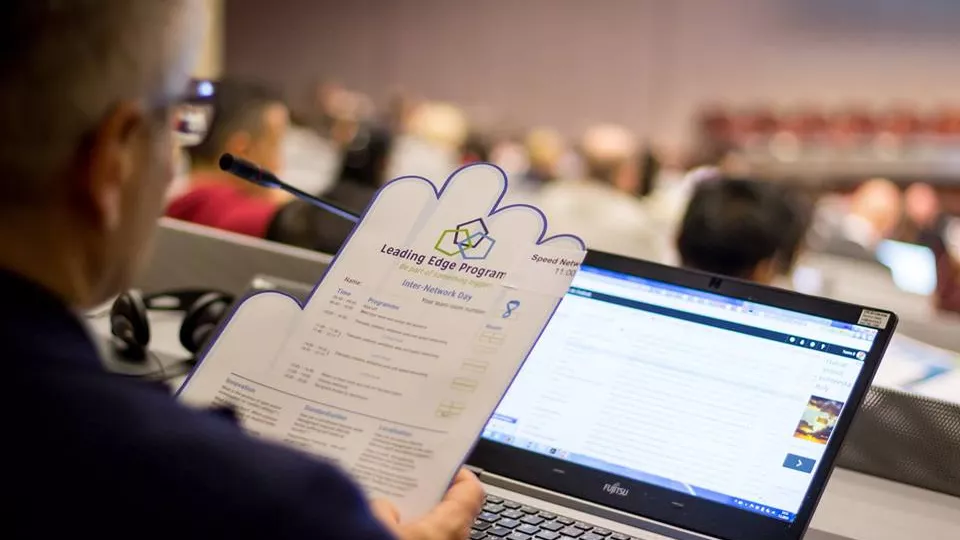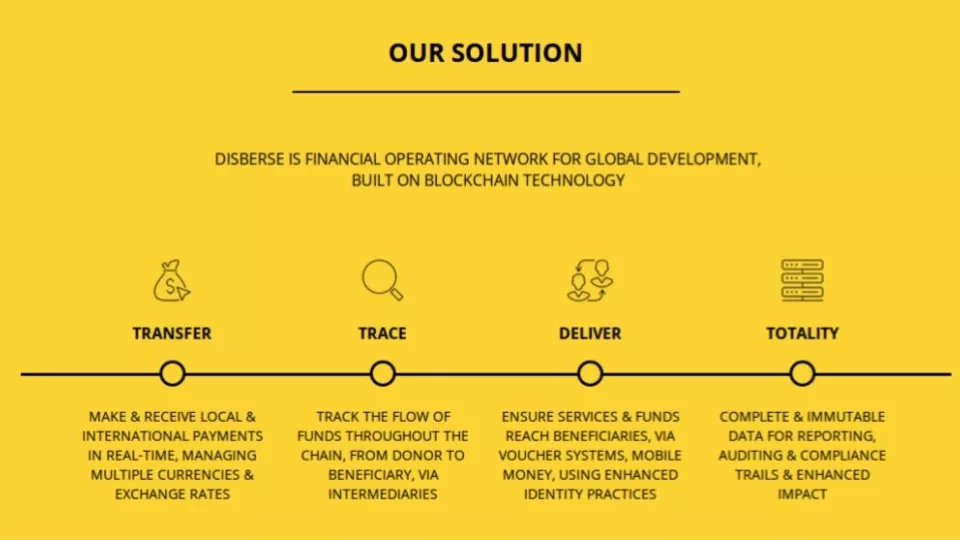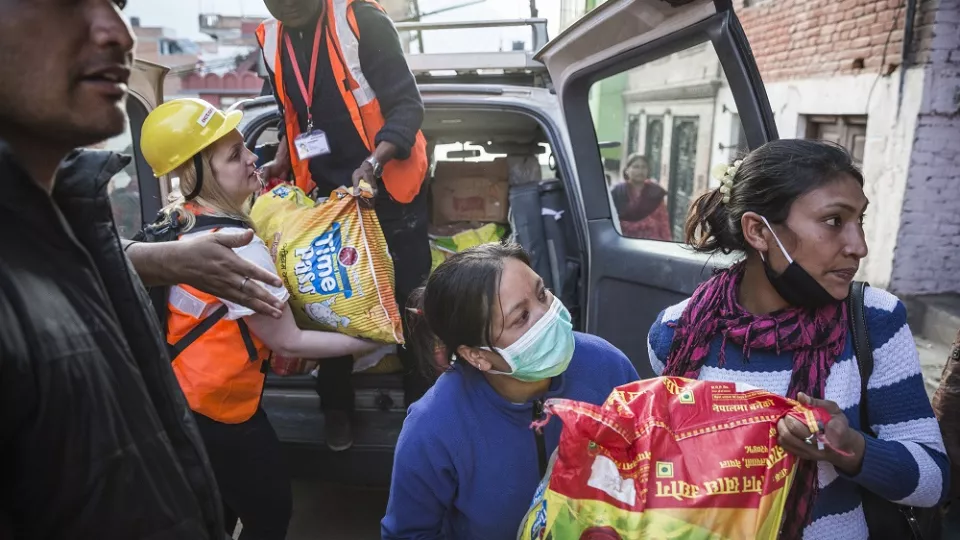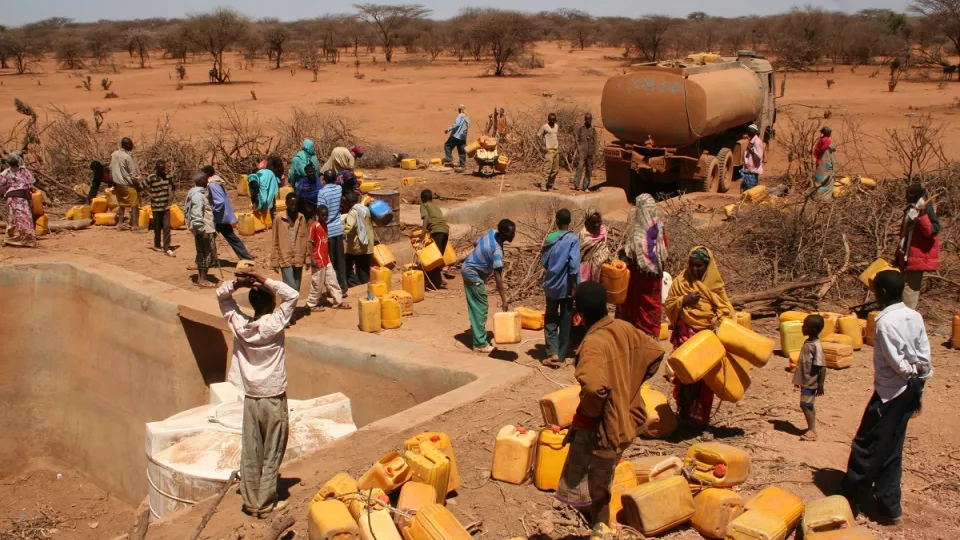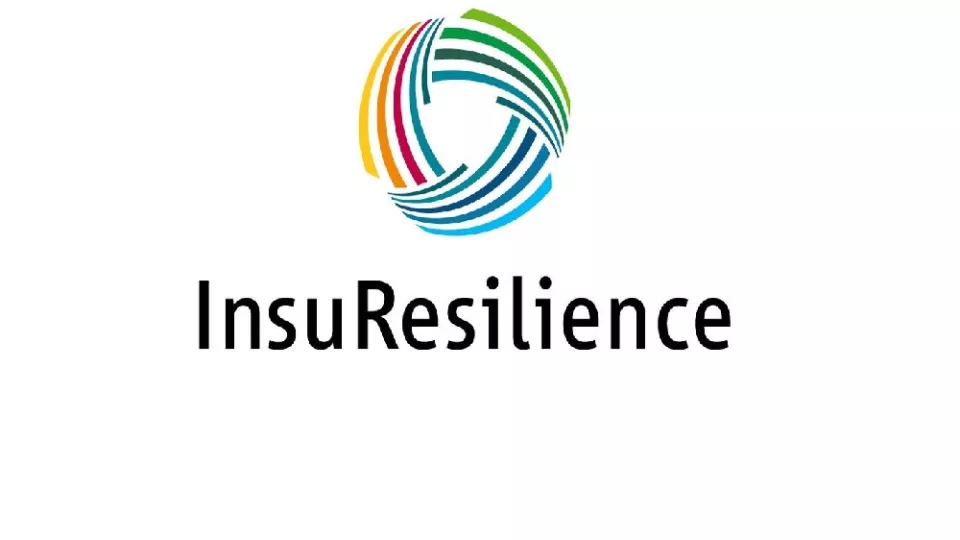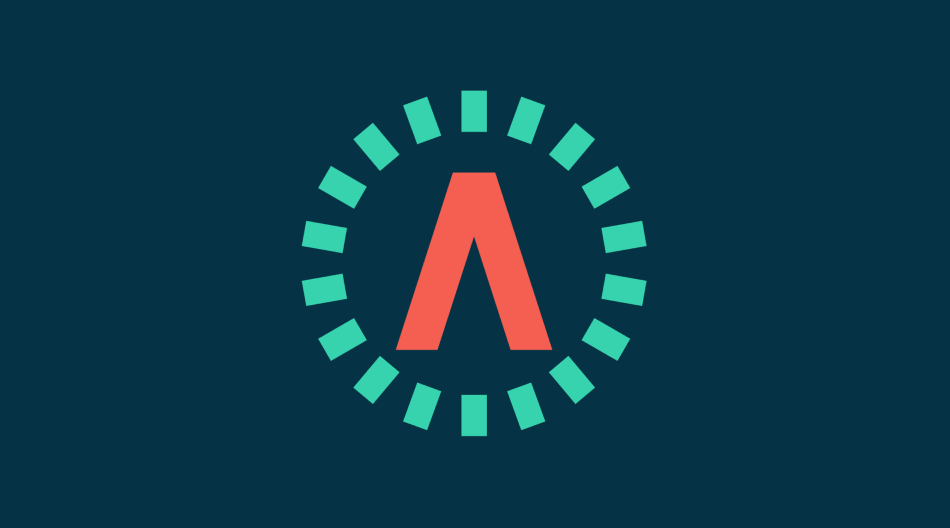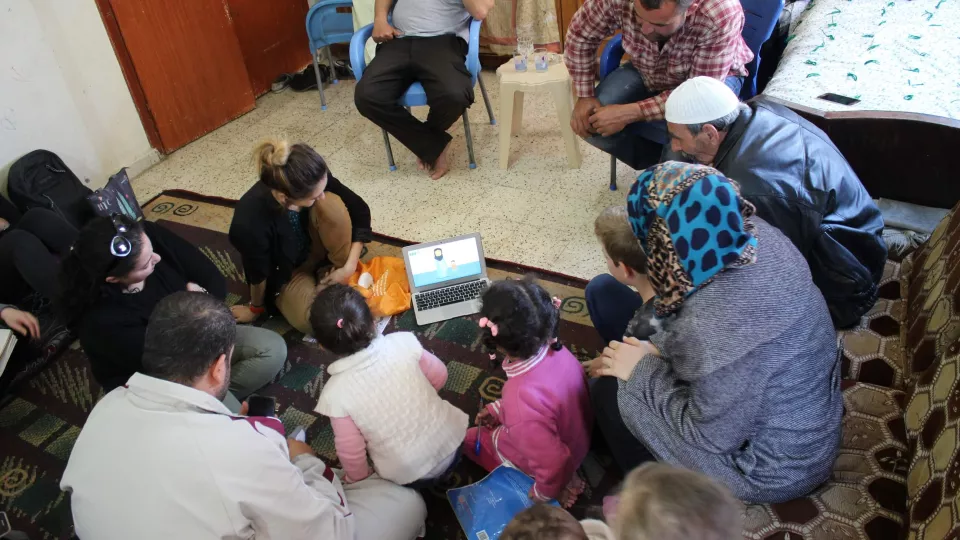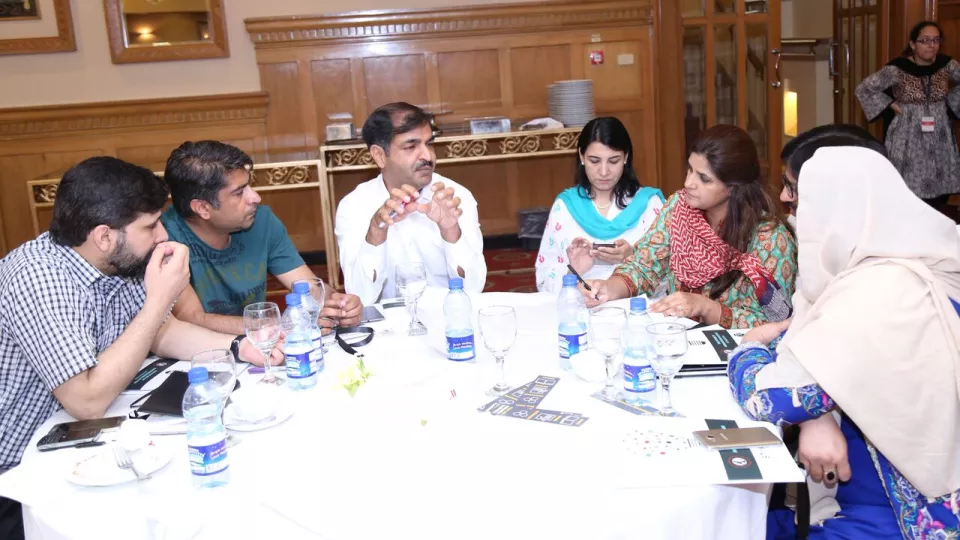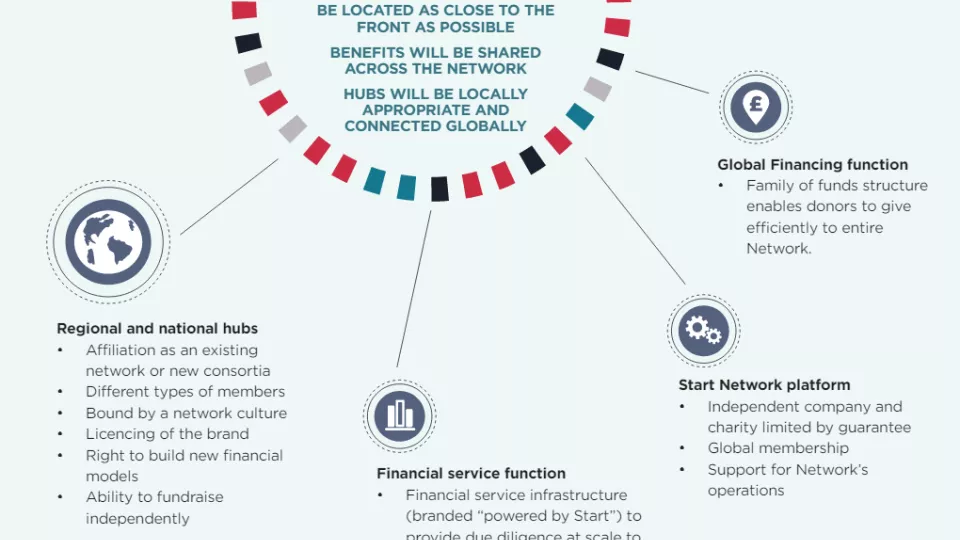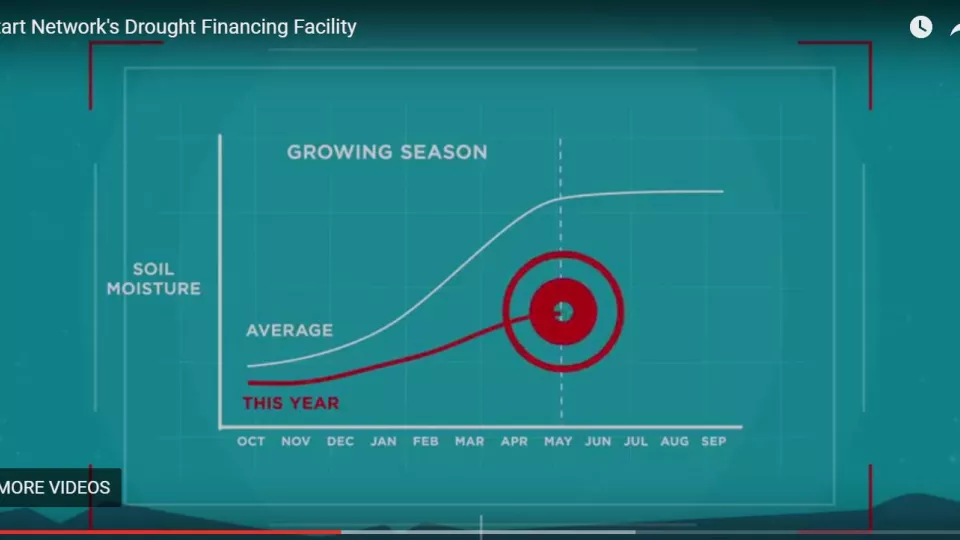Humanitarian funding needs to improve: we must move away from reactive funding models to proactive ones if we want to prevent human suffering.
News and blogs
The Humanitarian Networks and Partnerships Week (HNPW) is an annual programme co-chaired by United Nations Office for the Coordination of Humanitarian Affairs (UN OCHA) and the UK’s Department for International Development (DFID).
The first in a series of tests looking to bring greater efficiency and transparency into humanitarian funding has taken place with positive results.
I am finishing this year with a profound sense of urgency and purpose. Our turbulent world, with escalating dimensions and dynamics of humanitarian crises, needs more and better capability to manage and respond to crisis risks.
Last week was the official launch of the G7 and G20 initiated InsuResilience Global Partnership. The partnership aims to better protect poor and vulnerable people against the impacts of disasters, by using climate and disaster risk finance and…
The Start Network has signalled its intention to support and join the efforts of the InsuResilience Global Partnership (IGP).
Start Network and Welthungerhilfe joined the international political community at COP23, the Bonn Climate Change Conference, to discuss how data and new financial instruments can enable aid agencies to mitigate the effects of extreme weather on…
Start Network has launched four new “innovation labs” in Bangladesh, Jordan, Kenya and the Philippines, aimed at finding fresh ways to help local communities prepare for disasters. The move is the first of it's kind initiated by an NGO.
How can the humanitarian sector in Pakistan build more effective systems for humanitarian action? And how do we need to work together to achieve it? These were the questions we attempted to answer during Start Network’s ‘The Future of Humanitarian…
We are inviting organisations around the world to join us in co-designing the structure needed to realise our vision of a more effective humanitarian system. Read more and tell us what you think.
A newly published report recognises there is a significant need for a gender balance in surge practice and much stronger support is needed for the critical role that women play in a humanitarian response.
A Reuters article explores the Start Network's Drought Financing Facility initiative in Pakistan and how it could result in more rapid, effective and large-scale response to protect drought-hit communities.

